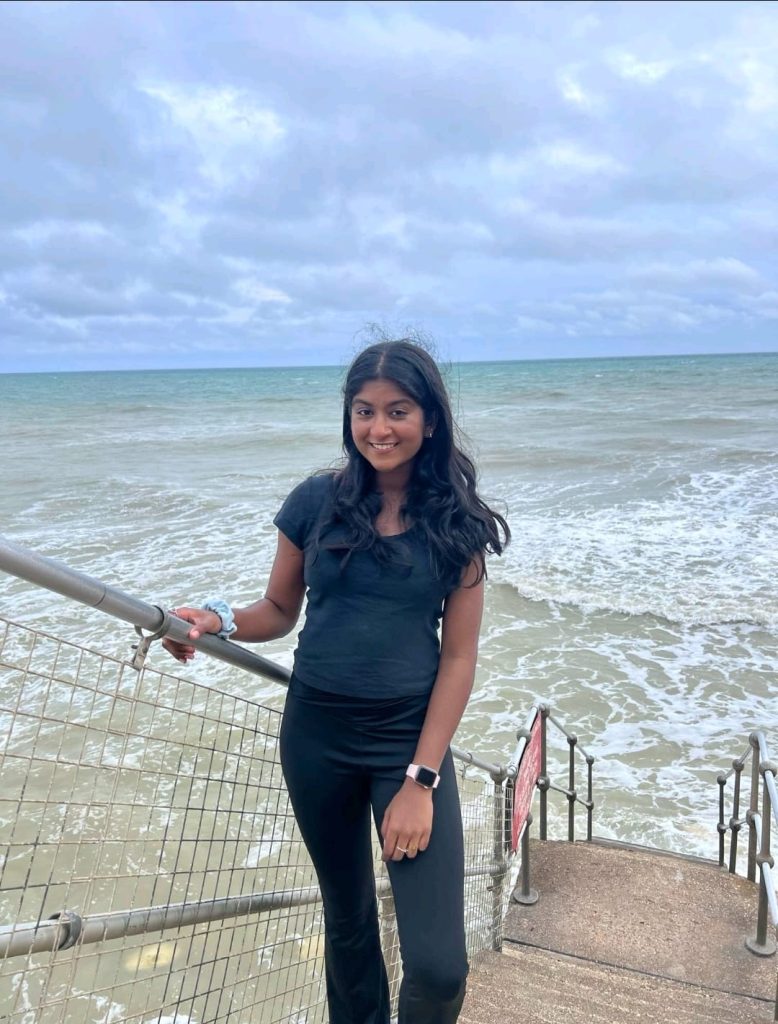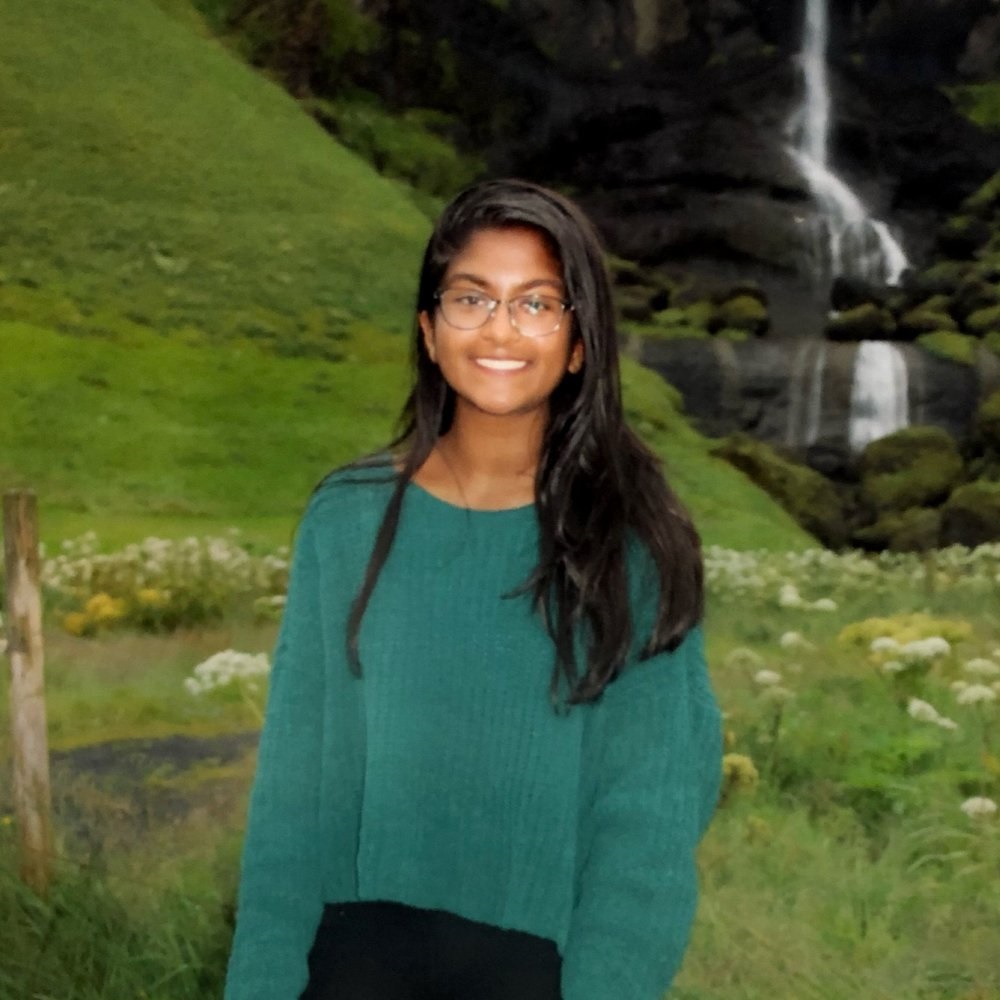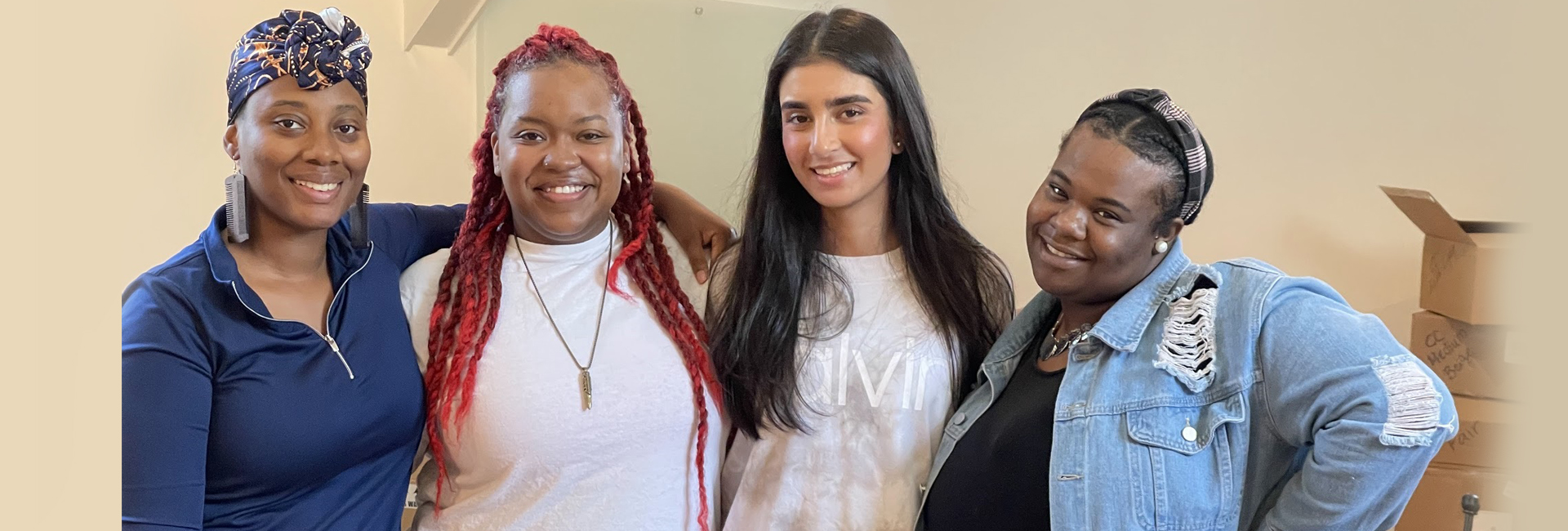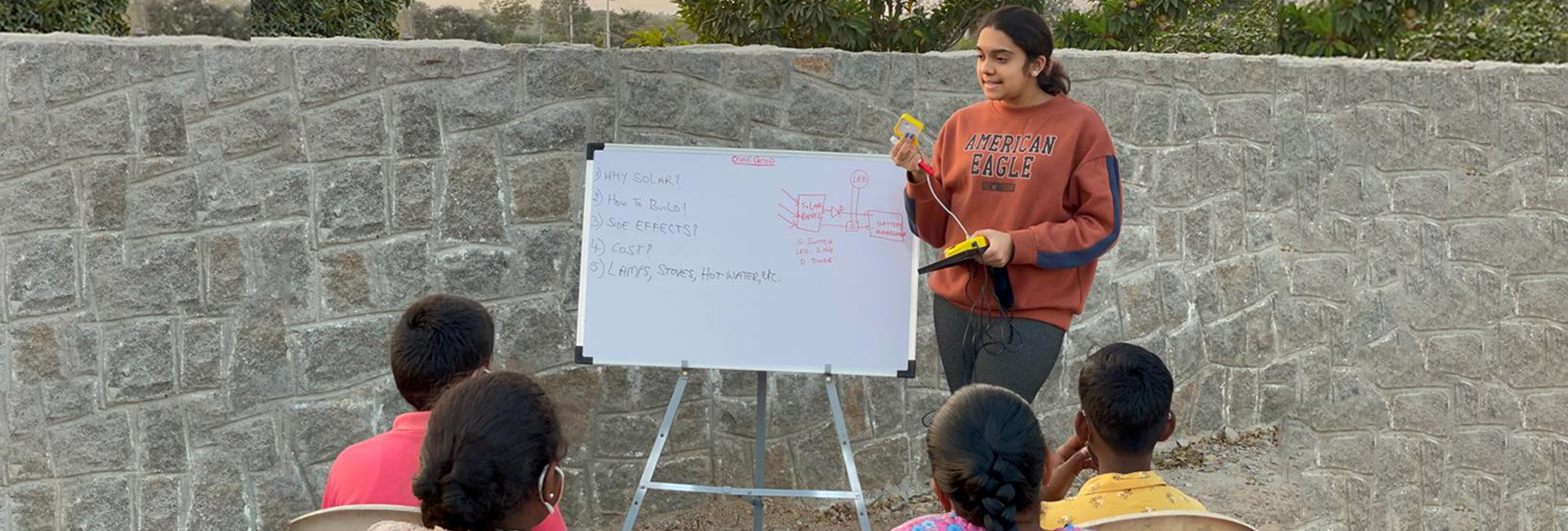(August 6, 2023) While many countries are feeling the heat from climate change, Florida in the US has irreversibly changed by the climate emergency, which has affected coral reefs, led to higher property values and increasing inequality for vulnerable populations in the state. The chronic coastal flooding and increased storms due to global warming left the 17-year-old Indian American activist Karina Samuel appalled, who then decided to launch the Florida chapter of Bye Bye Plastic Bags in 2019.
Solution for plastic menace
Bye Bye Plastic Bags is a youth-led, global organisation on a mission to reduce the amount of plastic on the planet. The initiative, which has so far mobilised more than 1000 volunteers to join over 175 coastal cleanups across the state, led Karina to win the Gloria Barron Prize for Young Heroes for making a positive difference in the people’s lives, their communities, and the environment. “I’ve always been invested in climate justice, and living in Florida, I’ve seen the effects of inequalities and how they disproportionately affect poorer communities,” she told Point of Light.

The Indian American teen activist, who is pursuing her Bachelor of Science from University of North Carolina at Chapel Hill, is working with her team of volunteers across Miami, Tampa and Key West to make the Florida coast healthier. “I’ve been serving as the president of the Florida chapter of Bye Bye Plastic Bags, which is an international non-profit. It’s actually based in Bali, [Indonesia], but they have chapters all over the world. So, I founded my chapter in 2019 and I’ve been doing all sorts of different environmental projects,” she told Sun Sentinel.
Impact
In the last three years, they have raised several thousand dollars to donate to different environmental organisations. Moreover, they have been focused on passing pro-environment policy reforms, banning plastic bags, organising coastal cleanups and educating the community about climate change. “We’ve done lobbying with certain candidates for the 2020 election in support of the Green New Deal, educational webinars at different schools and campuses across the state and, of course, cleanups all over the state of Florida,” the Global Indian added.


Karina Samuel is an Indian American teen activist.
The cleanups are a constant reminder that the activist needs to continue marching forward with her volunteers. “Every time we go out for clean-ups, we see the trash and negative impact people make when they are careless. We always see plastic water bottles during the cleanups. Also, soda cans and plastic wrapping from food containers and take out,” she told Point of Light.
Why giving back is important
Karina, who has been championing the cause of climate change, believes that it’s important to give back to the society, and knows that the power to make the change lies with youngsters like her. “I’m not the person who will feel the majority of the negative implications from climate change, and that’s why climate justice is so important. It disproportionately affects poorer communities, people who can’t go out and volunteer for change. Those who are capable of volunteering have the responsibility to go out and address these different community problems,” she added.
Moreover, she is the vice president of Beyond Resolved, a national student-run non-profit that aims to increase diversity and inclusivity in the high school speech and debate community. Her efforts have been recognised by the Points of Light Network, Children’s Environmental Health Network and the Earth Island Institute.
Karina, who is changing her community, one plastic bag at a time, loves to play volleyball and tennis. For someone who has been volunteering for years now, she finds “satisfaction” through her work. “It’s a very satisfying feeling to know we worked together to accomplish a goal and that it went well.”
- Follow Karina Samuel on Linkedin




